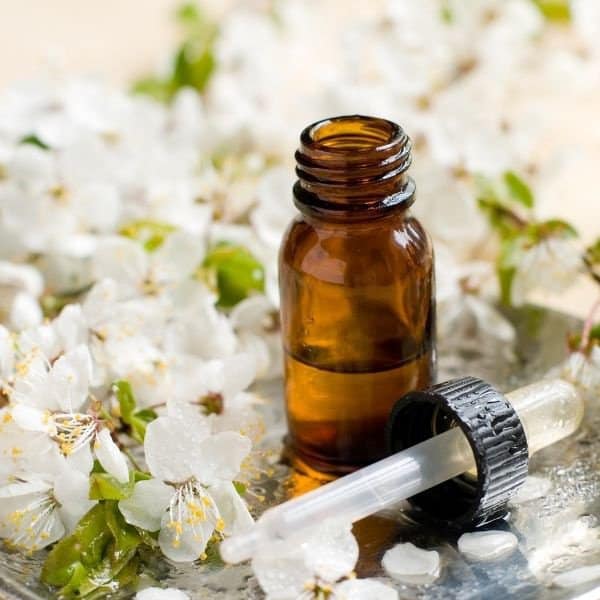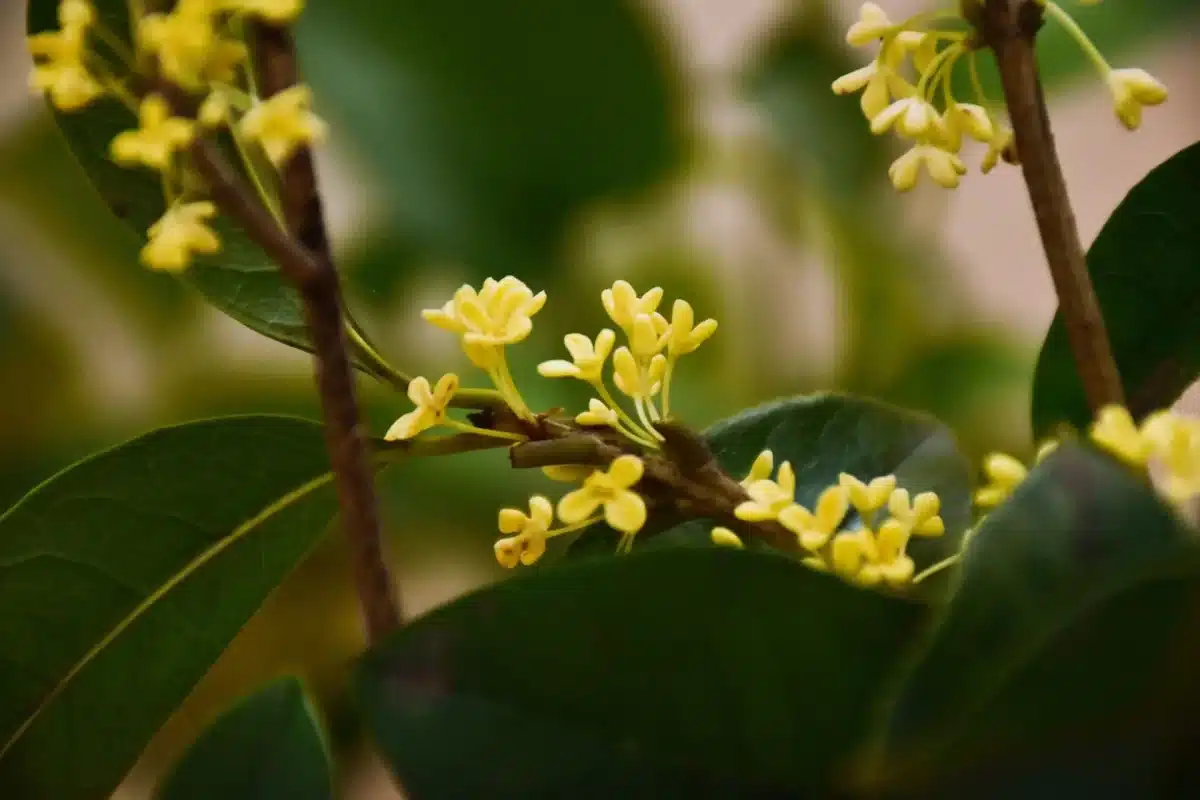Blog
Osmanthus flowers in herbal remedies?

Osmanthus flowers, with their delicate beauty and enchanting fragrance, have been valued not only for their aesthetic appeal but also for their medicinal properties in traditional herbal remedies. Originating from East Asia, these blossoms have been revered for centuries for their ability to promote well-being and address various health concerns. Let’s embark on a journey to explore the rich history, therapeutic benefits, and diverse uses of osmanthus flowers in herbal remedies.
A Time-Honored Tradition:
The use of osmanthus flowers in herbal remedies traces back to ancient times, where they were prized for their healing properties and therapeutic effects. In traditional Chinese medicine (TCM), osmanthus flowers, known as “gui hua,” are classified as a valuable herb with a range of medicinal uses. They are believed to have a sweet and slightly bitter taste and a neutral energy, making them suitable for balancing various bodily functions and addressing imbalances.
Therapeutic Properties:
Osmanthus flowers are rich in antioxidants, vitamins, and minerals, making them a valuable addition to herbal formulations aimed at promoting health and vitality. They are believed to have anti-inflammatory, antioxidant, and antimicrobial properties, which may help boost the immune system, reduce inflammation, and protect against oxidative stress. Osmanthus flowers are also known for their calming and soothing effects on the nervous system, making them beneficial for alleviating stress, anxiety, and insomnia.
Respiratory Health:
In TCM, osmanthus flowers are often used to address respiratory conditions such as coughs, colds, and bronchitis. The flowers are believed to have expectorant properties, helping to loosen phlegm and clear congestion in the respiratory tract. Osmanthus tea or syrup may be consumed to soothe sore throats, alleviate coughing, and promote respiratory comfort during periods of illness or seasonal allergies.
Digestive Support:
Osmanthus flowers are esteemed for their ability to support digestive health and alleviate digestive discomfort. In TCM, osmanthus is believed to regulate the flow of qi (energy) in the body and harmonize the digestive system. The flowers may be brewed into a tea or added to herbal formulations to aid digestion, relieve bloating, and soothe gastrointestinal disturbances such as indigestion and nausea.
Skin Care and Beauty:
Osmanthus flowers are valued for their cosmetic benefits and are often used in skincare products for their hydrating, soothing, and rejuvenating properties. Osmanthus-infused oils, creams, and serums help nourish and moisturize the skin, leaving it soft, supple, and radiant. The delicate fragrance of osmanthus flowers adds a luxurious sensory experience to beauty rituals, promoting relaxation and emotional well-being.
Heart Health:
Osmanthus flowers are believed to have cardiovascular benefits and may help support heart health and circulation. The flowers contain compounds that may help lower blood pressure, reduce cholesterol levels, and improve blood flow throughout the body. Incorporating osmanthus flowers into herbal formulations or dietary supplements may help promote cardiovascular wellness and reduce the risk of heart disease.
Menstrual Health:
In TCM, osmanthus flowers are used to regulate menstrual cycles, alleviate menstrual cramps, and relieve symptoms of premenstrual syndrome (PMS). The flowers are believed to have a calming effect on the uterus and help balance hormonal fluctuations that occur during the menstrual cycle. Osmanthus tea or herbal decoctions may be consumed to promote menstrual comfort and hormonal balance.
Emotional Well-being:
Osmanthus flowers are renowned for their calming and uplifting effects on the mind and spirit. The sweet, floral fragrance of osmanthus has a soothing effect on the nervous system, helping to reduce stress, anxiety, and tension. Osmanthus-infused teas, baths, and aromatherapy oils create a tranquil atmosphere and promote emotional balance, relaxation, and inner peace.
How to Use Osmanthus Flowers in Herbal Remedies:
Osmanthus flowers can be incorporated into herbal remedies in various forms, including teas, tinctures, syrups, oils, and topical preparations. To make osmanthus tea, simply steep dried flowers in hot water for several minutes, then strain and enjoy. Osmanthus tinctures and extracts can be added to water or juice for convenient consumption. Osmanthus-infused oils can be applied topically to the skin or used in massage therapy for relaxation and pain relief.
In conclusion, osmanthus flowers represent a treasure trove of healing potential and therapeutic benefits in traditional herbal remedies. From respiratory health and digestive support to skincare and emotional well-being, osmanthus flowers offer a holistic approach to wellness that honors the ancient wisdom of nature. As we continue to explore the medicinal properties of osmanthus flowers, we unlock the transformative power of nature’s healing essence, harnessing its gifts to nurture health, vitality, and harmony in body, mind, and spirit.
FAQ:




One thought on “Osmanthus flowers in herbal remedies?”